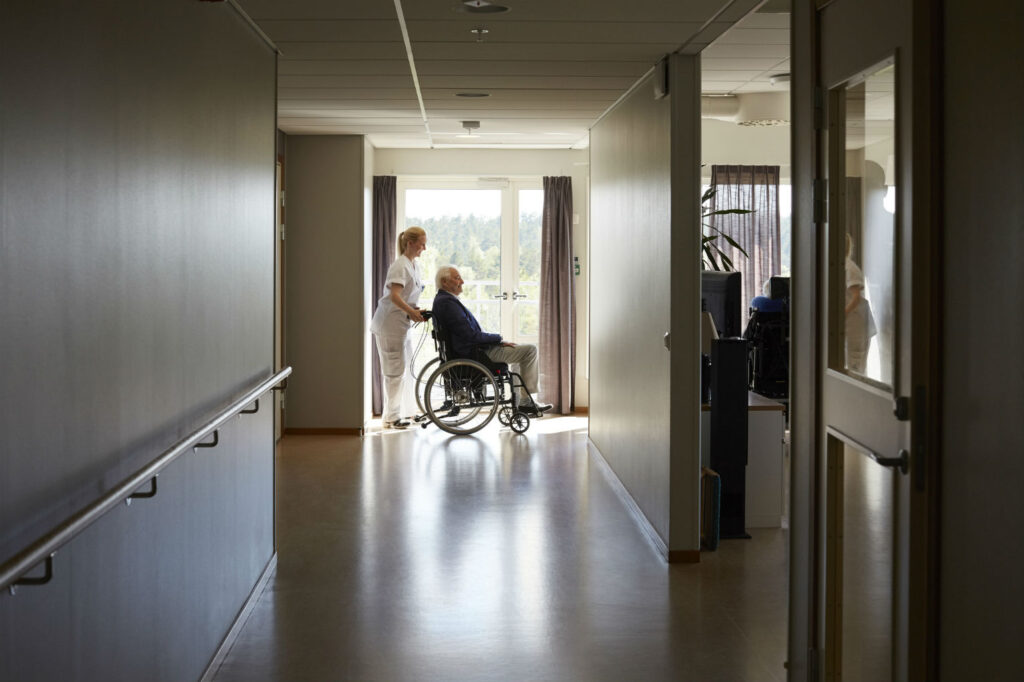CHICAGO, IL – Nursing home infections spiked in 2023 among residents and staff, especially in large metropolitan areas. This surge shed light on the vulnerabilities within long-term care facilities and prompts urgent reform and improved strategies to safeguard the health and well-being of some of society’s most vulnerable members.
Several factors converged to fuel the nursing home infection spike, including COVID-19 which posed a significant threat within the close-knit communities of nursing homes. Despite efforts to implement infection control measures, the communal living arrangements and frequent interactions between residents and staff created conditions conducive to the rapid spread of infections.
Staffing shortages and inadequate resources further exacerbated the nursing home infection spike. Many nursing homes struggled to maintain adequate staffing levels, leading to overworked personnel and increased risk of transmission due to lapses in proper infection control protocols. Insufficient access to personal protective equipment (PPE) and testing supplies also hampered efforts to contain the spread of infections effectively.
The consequences of the nursing home infection spike were profound, affecting both residents and staff alike. For residents, the heightened risk of contracting infectious diseases led to increased morbidity and mortality rates in addition to exacerbated feelings of isolation and anxiety. Strict visitation restrictions implemented to curb the spread of infections further isolated residents from their loved ones, exacerbating the psychological toll of the pandemic.
Staff members bore the brunt of the crisis as they navigated the challenges of providing care amidst heightened risk. Frontline healthcare workers experienced burnout and moral distress as they grappled with the emotional toll of witnessing the suffering and loss of many residents, coupled with concerns about their own health and safety.
The nursing home infection spike of served as a wake-up call while highlighting the need for reform and renewed focus on infection prevention and control in long-term care facilities. Key lessons that emerged from this crisis including:
- Prioritizing infection control to mitigate the risk of outbreaks.
- Invest in resources and staffing to effectively respond to infectious disease threats.
- Enhanced communication and transparency to ensure everyone is informed about the latest developments and protocols.
- Emphasized holistic care by providing access to social support services and mental health resources.
Contact a Nursing Home Negligence Attorney in Chicago, Illinois
Policymakers, healthcare providers and stakeholders must work collaboratively to implement sustainable solutions that prioritize the safety and well-being of nursing home residents and staff. Signs of elder abuse may often times be subtle. If you or someone you loved suffer negligence at the hands of a healthcare worker, contact the Dinizulu Law Group, Ltd. today. Our team of elder abuse lawyers can help you and your family seek justice. Call us at (312) 384-1920 or fill out this form to get started today.



